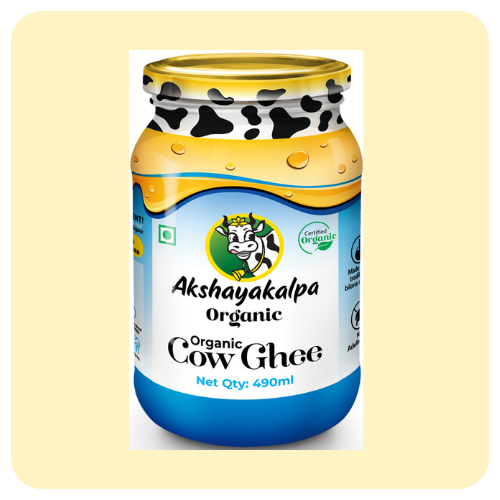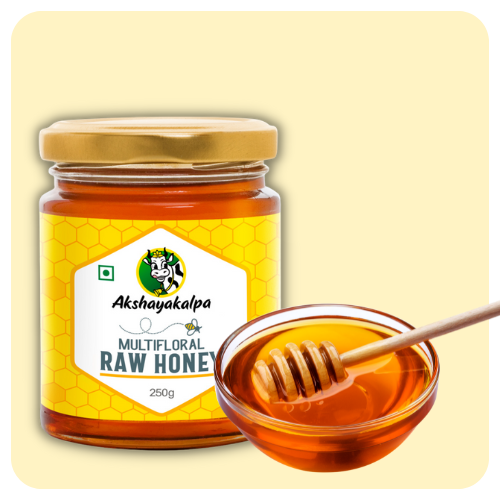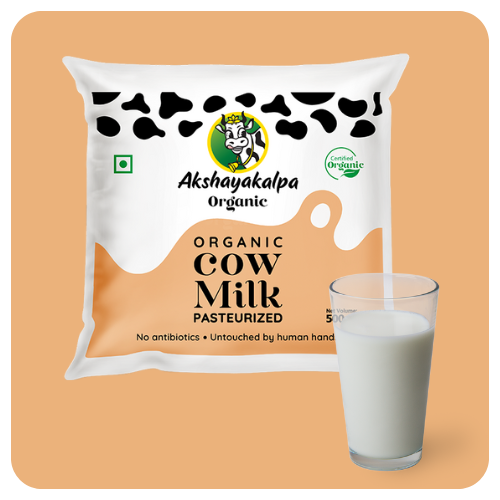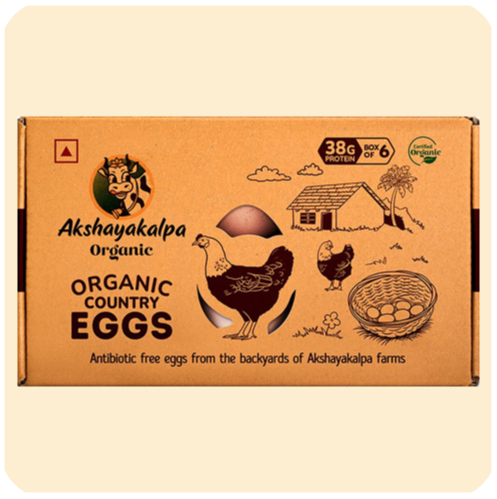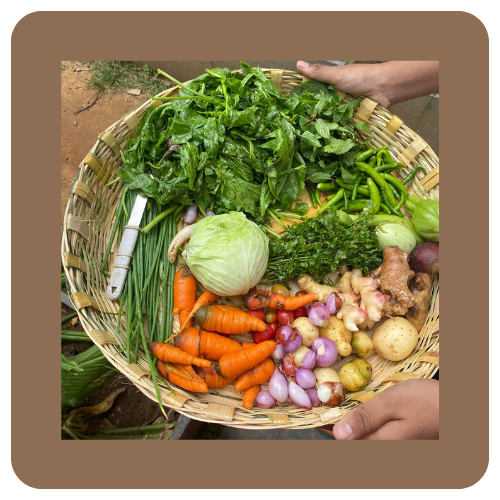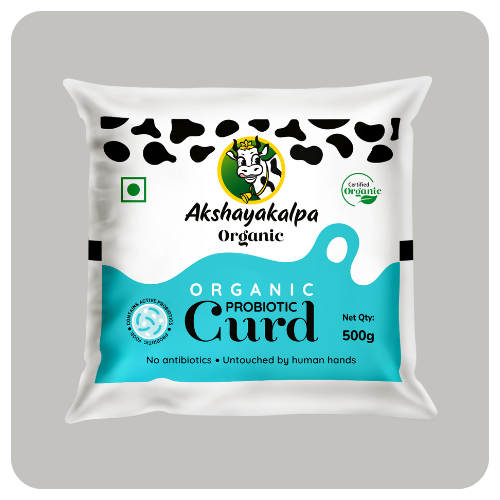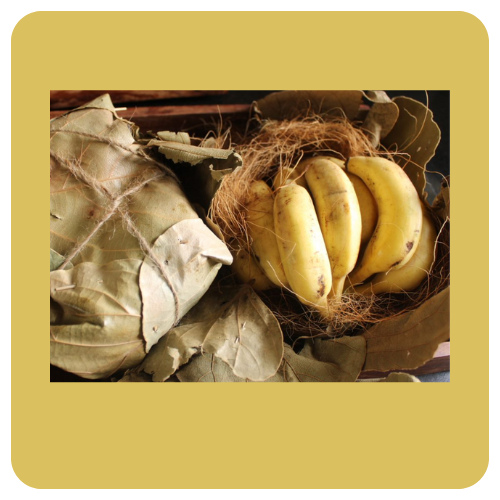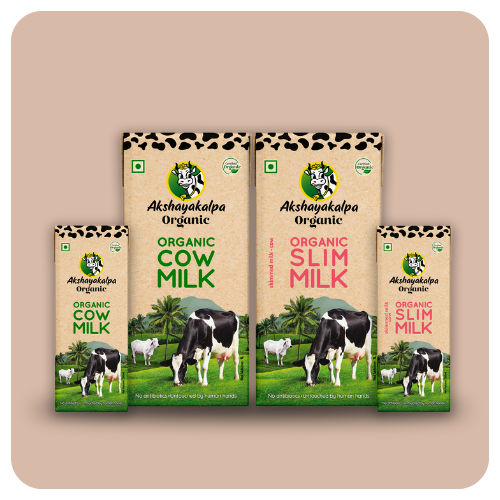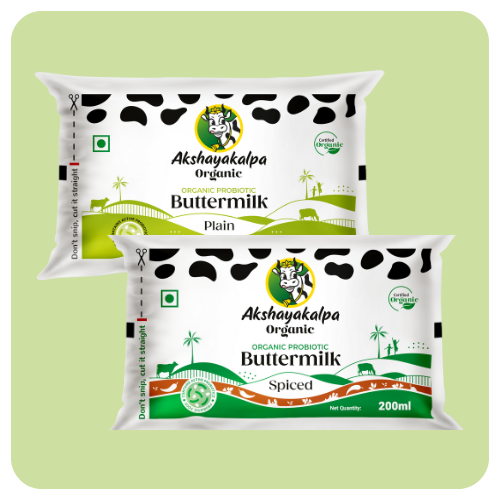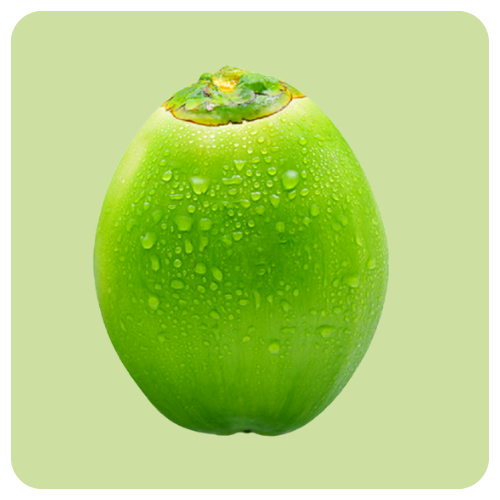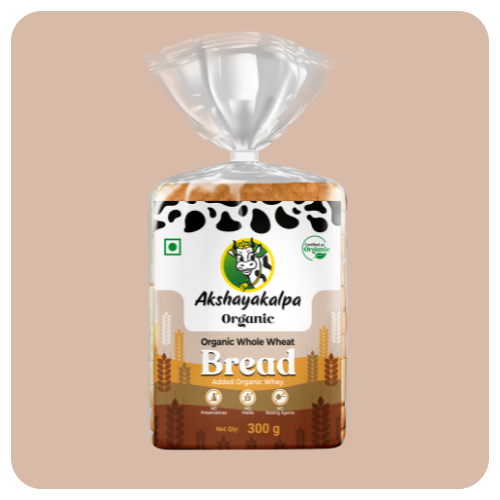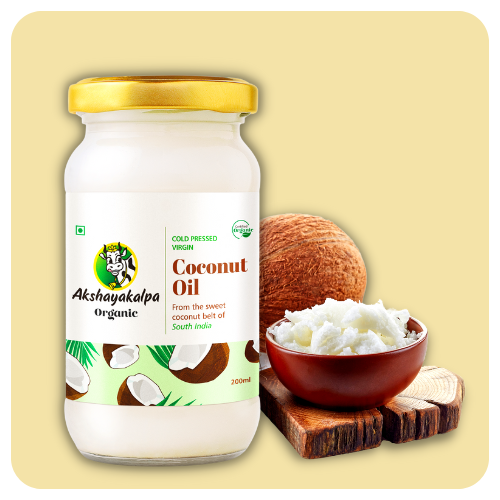If it is to be, it is up to ME – Composting your way to a better tomorrow!

Have you ever wondered what happens to the leftover food at a restaurant, that tissue you wipe your hand with or to the ‘inedible’ parts of fruits and vegetables that gets ‘thrown away’?
It reaches our landfills, adding to the garbage crisis in the country!
According to the Ministry of Environment, Forrest and Climate Change, 62 million tonnes of trash is generated in India every year and almost three quarters of it is left untreated. Of this, 40-50% is wet and organic waste that could be easily decomposed instead of lining our roads, landscapes, mountains and rivers.
The answer: COMPOSTING!
Composting is a simple, natural process that breaks down organic material into manure, which can then be used as a fertilizer for soil. It’s nature’s way of making sure that what comes from the land, goes back into the land. By following simple steps, one can reduce their annual waste generation by almost 90%.
Apart from reducing the waste from the environment, composting also helps nourish the soil by retaining more water and nutrients, in turn helping grow healthy plants. It also helps reduce the use of synthetic fertilizers, keeping chemicals out of our food and bodies. Composting also aids in carbon sequestration – a process by which carbon dioxide is removed from the air around us.
The best part about composting is that everyone can do it as it requires minimum effort and equipment. One properly set-up compost bin and you’re good to go. With these simple steps, you too can give your kitchen waste a makeover for the better:
Step 1: A mindful separation of waste: Separate organic and inorganic waste and keep them in different bins
Step 2: Select an ideal spot to set up your compost bin: If you have a garden, this can be a hole in the ground in a corner or you can use an actual covered bin
Step 3: Line up the pile: Add in layer by layer of ‘brown organic waste’ (rich in carbon like dry leaves, sawdust, newspaper etc) and ‘green organic waste’ (rich in nitrogen like grass, food waste, kitchen scraps etc)
Step 4: Keep it damp and mix it often: Add water to your compost bin if you feel the material is dry and use a rake to mix it atleast once every two weeks
Step 5: Keep your compost bin closed: to retain moisture and heat to speed up the decomposition process and retain nutrients
Your all-natural compost will be ready from anywhere between 1 to 12 months, depending on the materials used.
As you gear up to start your composting journey, here are a few tips to keep in mind:
| Do’s | Don’ts |
| Do add a variety of food scraps and vegetable and fruit waste | Don’t add fish, meat, bones and dairy to your compost bin. They do not decompose easily, may spoil and attract animals |
| Keep the pile moist, not wet or soggy | Don’t add pet waste to avoid infections |
| Do keep your compost bin covered at all times | Don’t add synthetic fertilizer or wood that is treated |
| Chop the organic material into small pieces for easier decomposition | Don’t add glossy paper and sticky labels |
To learn the art of composting firsthand, visit the composting station at the Akshayakalpa farm. Our farm managers will be happy to guide you every step of the way to help you set up your backyard compost arena.
The responsibility of trash management does not lie only with big food corporations or restaurants. Every person (Read: YOU and ME) who generates waste needs to shoulder their share of the responsibility towards a cleaner and greener tomorrow. Take the first step, start composting today!
P.S: Did you know that these are some offbeat items that too can go into your compost bin – hair, coffee filters, cardboard egg cartons, wooden toothpicks, nail clippings, paper napkins and wine corks.
